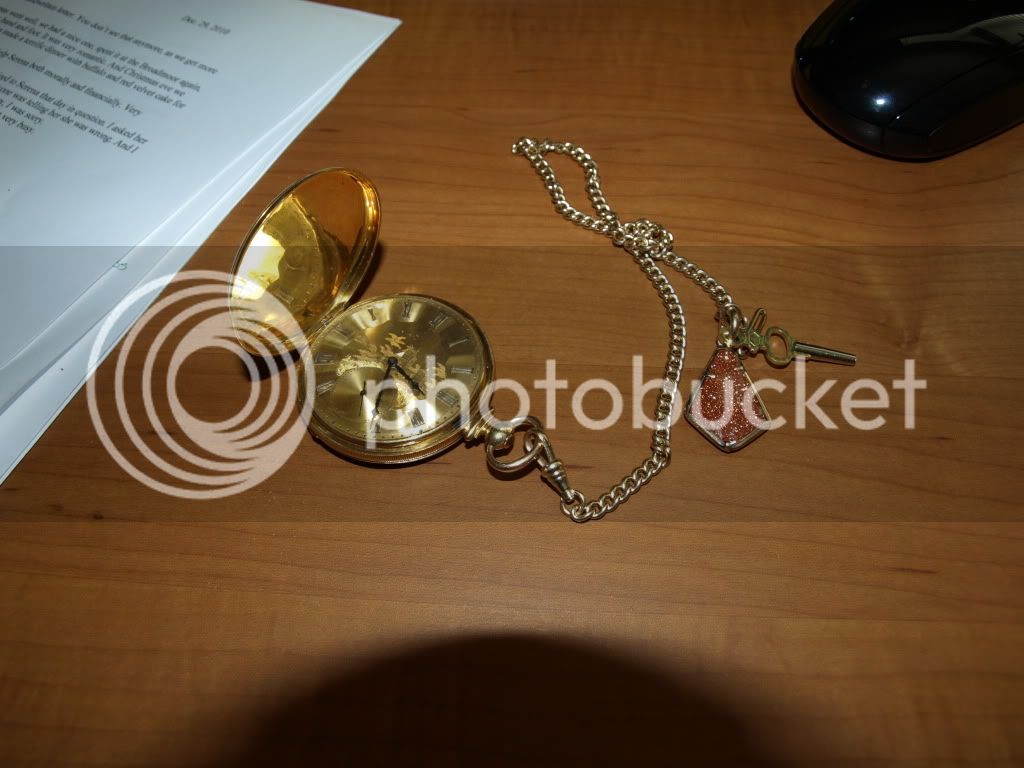Yes it was Thomas Earnshaw and John Arnold who made two innovations in chronometers in 1780 that allowed for very accurate navigation at sea. Such chronometers were very expensive though, so the local fellow still had to set his watch by sounding of the clocktower bell.
LD
LD






